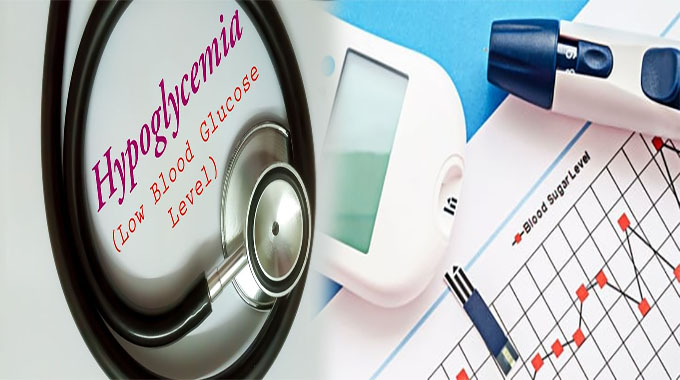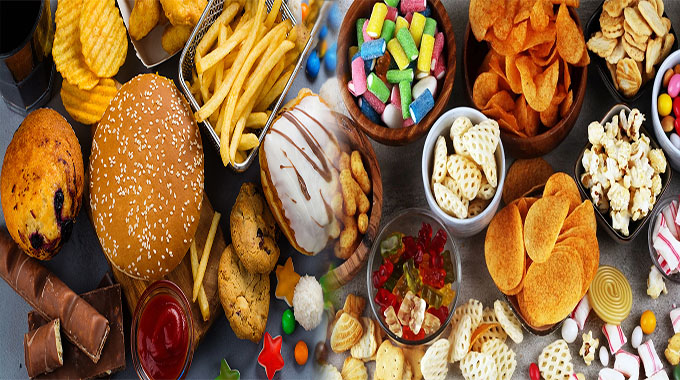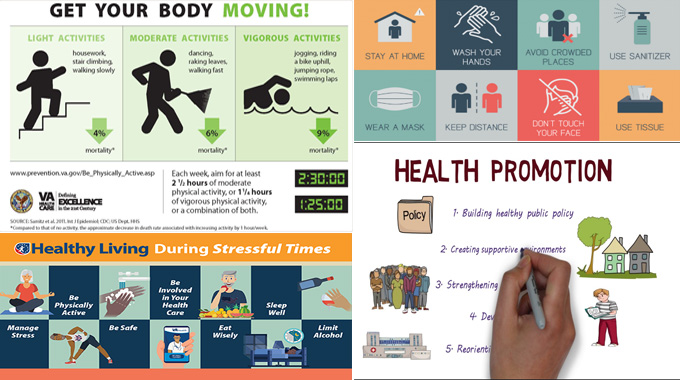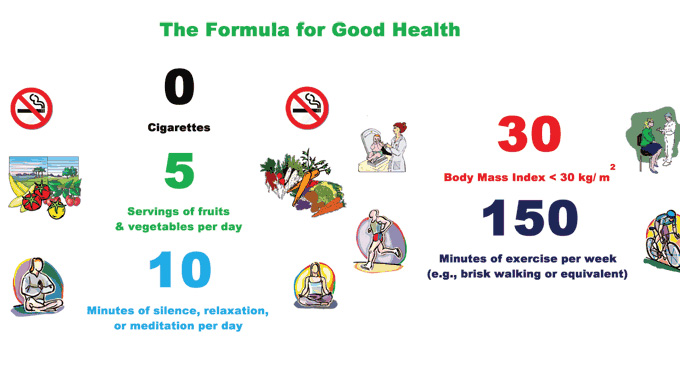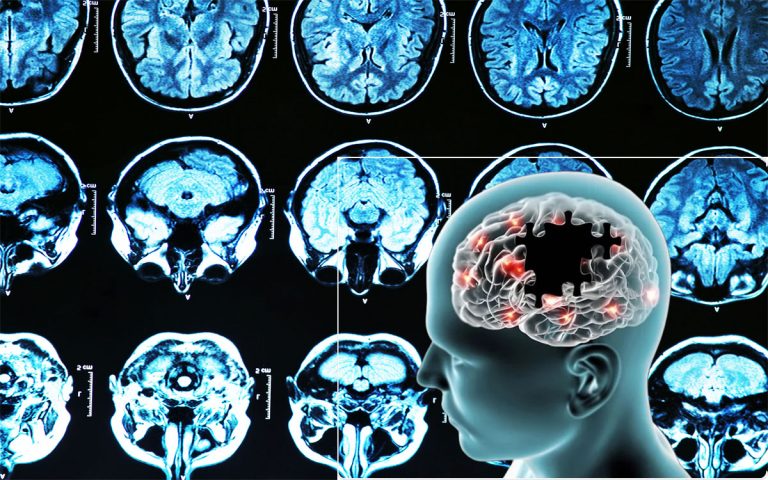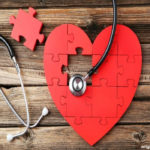The Signs of Hypoglycemia and Hyperglycemia Are Important to the Health of a Healthy Person
Whether you are a diabetic or not, it is important that you know the signs of both hyperglycemia and hypoglycemia. You should also know what to do if you are experiencing either of these conditions. You may want to consider a visit to your doctor.
Alcohol increases insulin production, inflicting low blood sugar
Among the many effects of alcohol on your health is its effect on blood sugar. Although alcohol can improve insulin sensitivity in the short term, it can also be detrimental to your overall health. It can inhibit the liver’s ability to produce new glucose and stimulate its breakdown of stored glucose.
When it comes to insulin, the liver is an integral part of the blood sugar regulation puzzle. When you consume alcohol, it can keep your liver from releasing enough glycogen. This may lead to higher circulating levels of glucose. For a healthy individual, this shouldn’t cause a problem.
Exercise lowers blood sugar
Taking part in a regular exercise routine can lower your blood sugar, which in turn can reduce your risk for diabetes complications. It’s also a great way to boost your overall health, strength, and flexibility. The American College of Sports Medicine recommends participating in an exercise program of at least 150 minutes a week. Those with diabetes should consult a physician before beginning an exercise regimen.
For starters, you should make sure you are consuming a healthy diet, and drinking plenty of water. Those who are new to an exercise program should also pay close attention to the timing of their activity.
SGLT2 inhibitors stop the kidneys from reabsorbing sugar into the blood
Sodium-glucose cotransporter-2 (SGLT2) inhibitors are drugs approved by the FDA to treat type 2 diabetes. They lower blood glucose and are also used to control heart disease and kidney disease. The …

